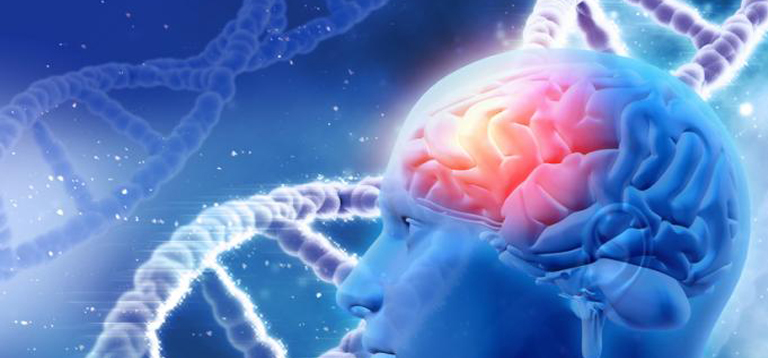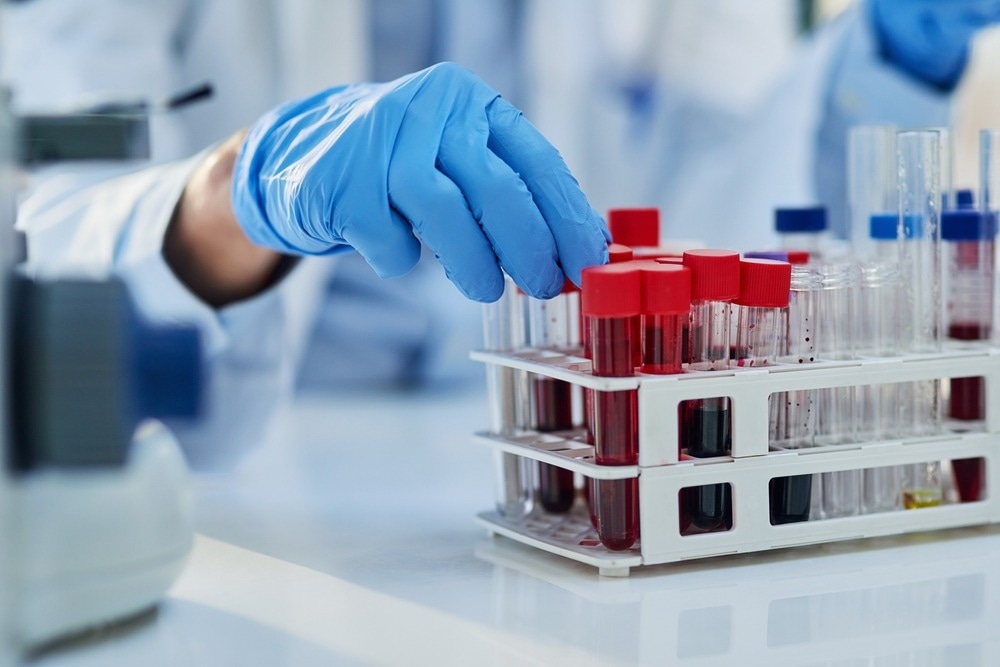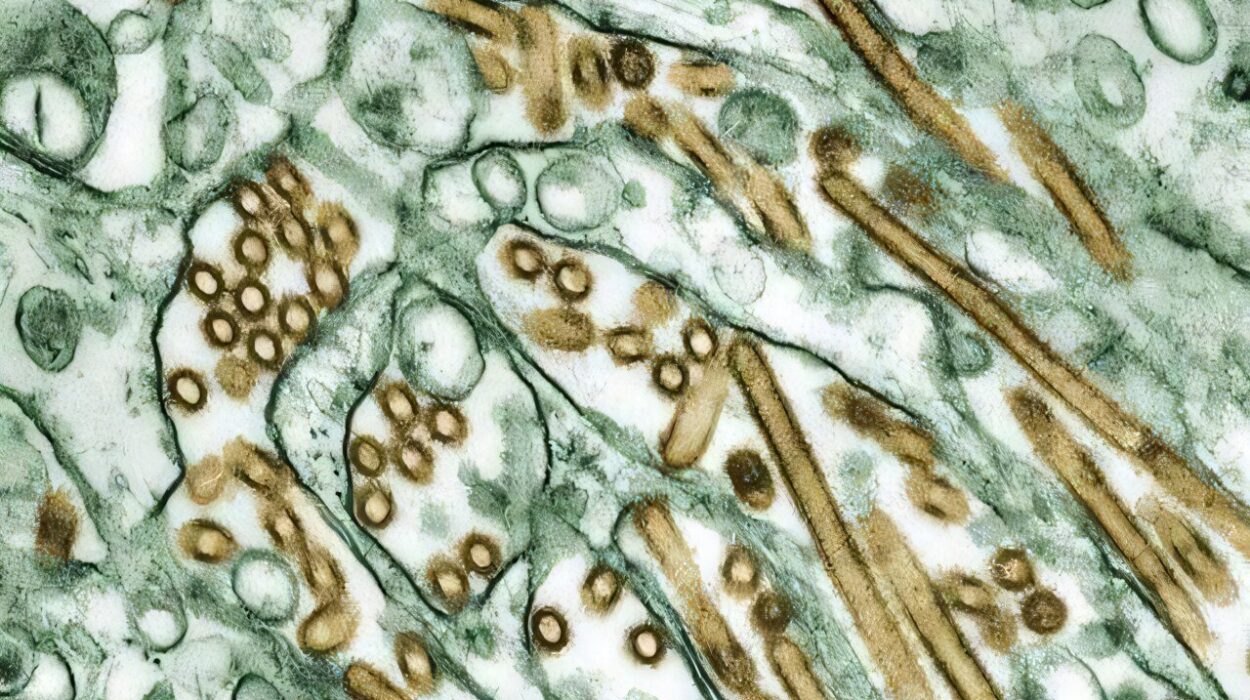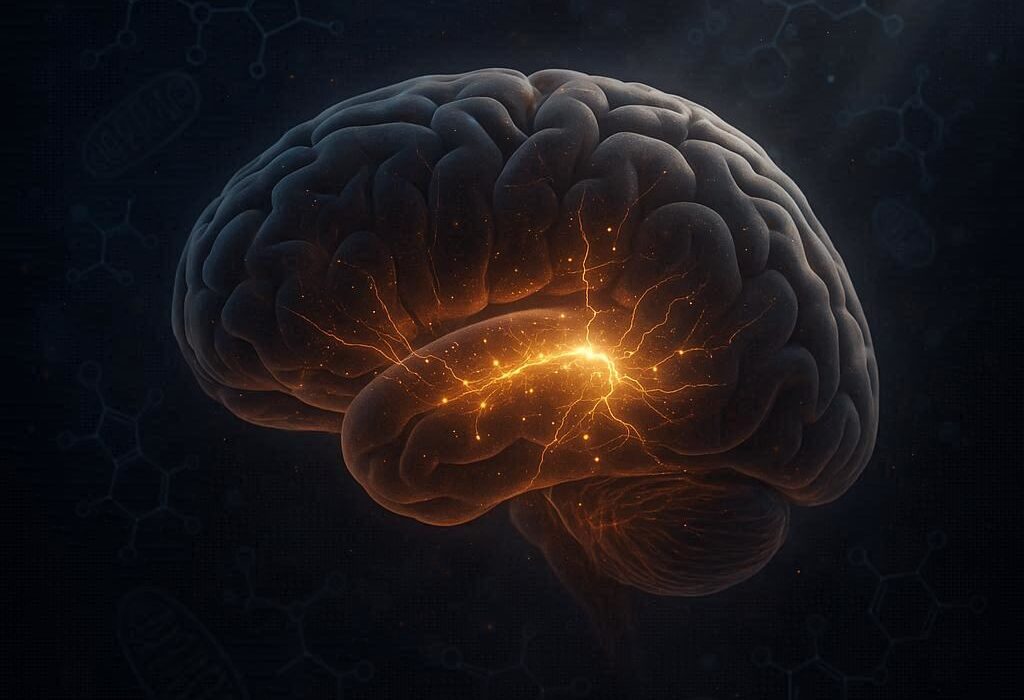Inside every woman’s body is an extraordinary symphony of hormones conducting the rhythm of life. These chemical messengers guide everything from sleep cycles and mood to metabolism, reproductive health, and beyond. When in balance, hormones allow a woman to thrive with energy, clarity, and vitality. But when even a single note falls out of tune, the effects can ripple through every aspect of her health.
Hormones are often thought of only in the context of menstruation, pregnancy, or menopause—but their role is far broader and more intricate. Estrogen, progesterone, testosterone, cortisol, insulin, and thyroid hormones are just a few of the major players, each with a complex interplay that keeps the body in equilibrium. When this balance is disrupted, the body often sends early warning signs. Recognizing them is key to taking proactive steps before those whispers become shouts.
In this exploration of hormonal imbalance in women, we’ll journey through the body’s silent signals—how they appear, why they matter, and what they might be trying to tell you. This is not just a science lesson; it’s a conversation about real lives, real symptoms, and real solutions.
The Fatigue That Won’t Quit: When Energy Evaporates
One of the earliest and most overlooked signs of hormonal imbalance is unrelenting fatigue. Not the kind that comes after a late night or a stressful day—but the kind that lingers no matter how much rest you get. Hormones like cortisol, the body’s stress hormone, and thyroid hormones, which govern metabolism, are directly involved in energy regulation. When cortisol is constantly elevated due to chronic stress, or when thyroid hormone levels drop, the body begins to operate in a survival mode that feels like dragging a heavy blanket through your day.
Estrogen and progesterone also influence sleep patterns and energy levels. Imbalances in these hormones—such as in perimenopause, polycystic ovary syndrome (PCOS), or during menstruation—can cause poor sleep quality or insomnia, exacerbating the feeling of fatigue. Many women chalk this up to aging or busy schedules, not realizing that their hormones might be crying out for help.
Mood Swings and Mental Fog: The Emotional Undercurrent
The brain is a sensitive recipient of hormonal shifts. Estrogen, in particular, has a profound effect on serotonin and dopamine—neurotransmitters that regulate mood, motivation, and feelings of pleasure. A sudden drop in estrogen can lead to irritability, depression, or anxiety. This is why many women experience intense mood swings around their menstrual cycles, during postpartum periods, or as they approach menopause.
Progesterone also plays a calming, soothing role in the brain. When levels are too low, it can lead to heightened anxiety or a feeling of mental unease. Combined with fluctuating cortisol or thyroid imbalances, this can manifest as “brain fog”—a frustrating lack of focus, mental clarity, or memory lapses. It’s not all in your head; it’s in your hormones.
Weight Gain That Defies Logic: The Metabolic Puzzle
Have you ever felt like your body has its own rules when it comes to weight? That despite eating well and exercising, the scale won’t budge—or worse, it climbs? Hormonal imbalances are often behind unexplained weight gain, especially around the abdomen. Cortisol, when chronically elevated, promotes fat storage in the belly. Insulin, which regulates blood sugar, can become less effective when out of balance, leading to insulin resistance—a precursor to type 2 diabetes and a common issue in women with PCOS.
Low thyroid function, or hypothyroidism, can also slow metabolism, making it harder to burn calories efficiently. Estrogen imbalances can encourage the body to retain fat, particularly in the hips and thighs. And when testosterone levels are off—yes, women produce it too—it can affect muscle mass and fat distribution.
What’s important to understand is that this isn’t about willpower. When hormones are imbalanced, the body resists change. The key is not just diet and exercise, but addressing the root hormonal causes.
The Skin Speaks: Acne, Dryness, and More
Skin is often considered a reflection of internal health, and it speaks volumes about hormonal balance. Adult acne—particularly along the jawline or chin—is a red flag for elevated androgens (male hormones like testosterone) in women. This is commonly seen in PCOS, but can also result from chronic stress, which elevates cortisol and throws other hormones off balance.
Dry, flaky skin may indicate low thyroid function, while excess oil production might be linked to hormonal surges or imbalances. Some women experience dark patches of skin (acanthosis nigricans) under the arms or on the neck, which can signal insulin resistance. Others notice skin thinning or sagging due to declining estrogen during menopause, as estrogen helps maintain collagen and skin elasticity.
Hormonal imbalances can turn your complexion into a battleground—but understanding the root cause can help restore your skin’s harmony.
Hair Tells a Tale: Shedding, Thinning, or Unwanted Growth
Hair, like skin, is highly responsive to hormonal shifts. When estrogen is in balance, it helps maintain thick, healthy hair. But when estrogen drops or androgens rise, the story changes. Thinning hair on the scalp, increased shedding, or even bald patches can result. This is particularly common after childbirth, during menopause, or in women with thyroid or adrenal imbalances.
On the flip side, excess androgen levels—again, often seen in PCOS—can lead to unwanted hair growth on the face, chest, or back. This can be deeply distressing for women and is often dismissed or misdiagnosed. But it’s a clear signal that the hormonal orchestra is out of sync.
Thyroid imbalances can also lead to hair that’s brittle, dry, or falls out in clumps. If your brush is collecting more strands than usual, it may be time to look beneath the surface.
Menstrual Mayhem: Cycles Gone Awry
One of the most direct reflections of hormonal balance in women is the menstrual cycle. Irregular periods, heavy bleeding, missed cycles, or extreme PMS symptoms are not just nuisances—they are red flags. Estrogen and progesterone must work in a delicate ratio throughout the cycle. When one dominates or drops too low, the entire rhythm can be disrupted.
Women with PCOS often experience irregular or absent periods due to high androgen and insulin levels. Perimenopausal women may go months between periods or bleed unpredictably due to erratic estrogen levels. Those with thyroid disorders may have scanty or overly frequent periods. Hormonal imbalances can also lead to conditions like endometriosis or fibroids, both of which can cause severe pain and heavy bleeding.
Tracking your cycle can provide invaluable insights into your hormonal health. If your period has become unpredictable, painful, or unusually heavy, your body may be trying to alert you to a deeper issue.
Sleep Gone Strange: Tossing, Turning, and Waking Up Tired
A good night’s sleep is one of the body’s primary ways of rebalancing hormones. But ironically, hormonal imbalances can rob you of restful slumber. Progesterone has a natural sedative effect; when it’s low, women may struggle to fall asleep or stay asleep. Estrogen influences the sleep-wake cycle, and fluctuations can lead to night sweats, especially in perimenopause and menopause.
Cortisol should be high in the morning and taper off at night. But chronic stress or adrenal dysfunction can cause cortisol to spike in the evening, leading to racing thoughts and insomnia. Thyroid hormones also impact metabolism and can cause restless sleep when elevated, or excessive sleepiness when low.
If you find yourself staring at the ceiling night after night, or waking up feeling like you ran a marathon, it might be time to explore the hormonal root of your insomnia.
The Gut-Hormone Connection: Bloating and Digestive Distress
It might come as a surprise, but your gut and hormones are in constant conversation. Estrogen affects bile production and gut motility, which helps move food through your digestive tract. When estrogen is too high or low, you may experience bloating, constipation, or irregular bowel movements.
High cortisol can lead to leaky gut or increased gut permeability, which in turn contributes to inflammation and food sensitivities. The gut microbiome also plays a role in regulating estrogen through the estrobolome—a collection of gut bacteria that metabolize estrogen. Disruption here can lead to estrogen dominance or deficiency.
Hormonal imbalances don’t just show up in bloodwork—they can cause your entire digestive system to rebel. If bloating, indigestion, or irregular stools have become a daily battle, hormones may be behind the scenes.
Sex Drive and Libido: When Desire Disappears
One of the more intimate and often unspoken consequences of hormonal imbalance is a diminished sex drive. While many factors influence libido—relationship dynamics, stress, fatigue—hormones play a central role. Estrogen helps maintain vaginal lubrication and blood flow, both of which are critical for sexual function. Progesterone and testosterone also contribute to sexual desire.
When estrogen drops, particularly in menopause, vaginal dryness and discomfort during intercourse can follow. This not only affects physical comfort but emotional closeness and confidence. Low testosterone, though often overlooked in women, can significantly reduce sexual desire and arousal.
Women are often told that changes in libido are just “part of getting older.” But this narrative dismisses the hormonal root causes—and the possibility of restoring balance and intimacy.
Fertility Frustrations: A Silent Cry for Balance
Difficulty conceiving can be one of the most distressing outcomes of hormonal imbalance. The menstrual cycle is a finely tuned hormonal dance that leads to ovulation—a non-negotiable for pregnancy. When hormones are out of balance, ovulation may not occur regularly, or at all.
PCOS, thyroid disorders, and luteal phase defects (insufficient progesterone) are common culprits of infertility. High prolactin levels can also suppress ovulation, as can excessive stress and elevated cortisol. Even subtle imbalances can have a profound effect on fertility.
Understanding these dynamics offers more than just answers—it offers hope. Hormonal testing and targeted interventions can often restore ovulation and improve the chances of conception, even when the journey has been long.
Cravings and Blood Sugar Swings: The Insulin Influence
Have you ever felt like your cravings rule your day? Or that you’re hungry right after eating? Insulin, the hormone responsible for transporting glucose into cells for energy, may be at the heart of these experiences. When insulin doesn’t function properly, blood sugar spikes and crashes follow, leading to intense cravings—especially for sugar and carbs.
This roller coaster can be worsened by high cortisol or imbalances in estrogen and progesterone, which also influence appetite. Over time, poor insulin sensitivity can lead to weight gain, fatigue, mood swings, and even type 2 diabetes.
Listening to your cravings isn’t just about willpower—it’s about decoding the hormonal messages behind them.
Bringing It All Together: Your Body’s Signals Are Sacred
Hormonal imbalance is not just a women’s health buzzword. It’s a real, complex, and impactful experience that affects millions of women at every stage of life. The signs may start subtly—fatigue, irritability, weight gain—but they are not insignificant. They are your body’s language, asking for attention, care, and understanding.
The journey to hormonal harmony begins with listening. It may include working with a healthcare provider to run tests, adopting nourishing food and lifestyle habits, managing stress, improving sleep, or integrating herbs and supplements. But the most important step is validating your own experience.
You are not imagining it. Your body is wise. And when its hormones are out of tune, it will sing—sometimes softly, sometimes loudly—until you hear the call.






